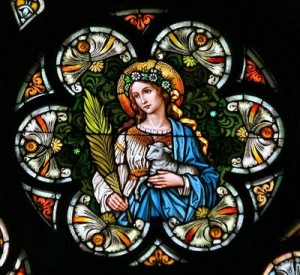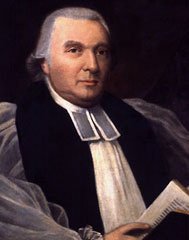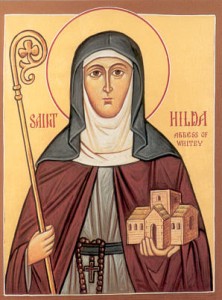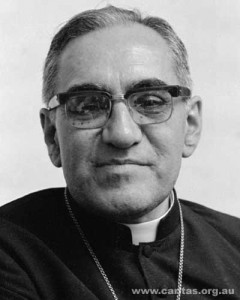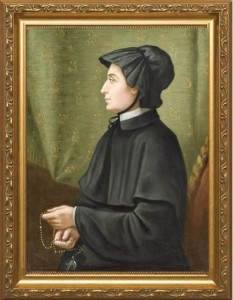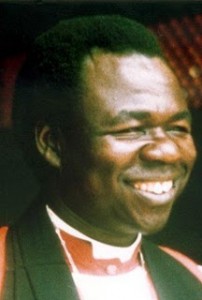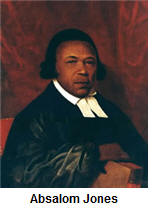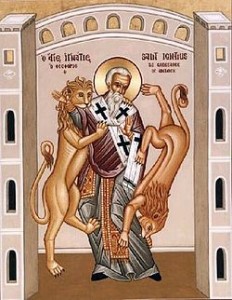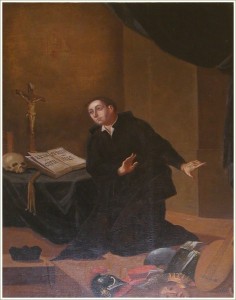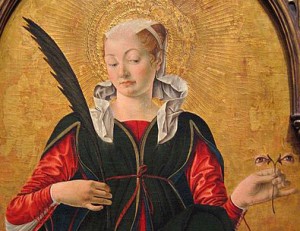We finish up the first full week of Lent Madness with a match-up between a 17th-century priest and poet and a young, early 4th-century martyr. John Donne made it into the official bracket by defeating T.S. Eliot in the final play-in round known as the Great Poetry Slam. By winning that battle, Donne proclaimed to the world that he would not be, in the parlance of March Madness, "one and Donne."
Yesterday, in the biggest blow-out to date, Hilda of Whitby crushed Samuel Seabury to advance to the Round of the Saintly Sixteen. The only drama of the day was whether Hilda would be able to attain the magic blowout number of 80% of the vote. Samuel Seabury was able to stave off ignominy in this regard but still lost 79% to 21%.
Oh, and the other intrigue yesterday was whether we'd be able to make it to 1,000 followers on Twitter. As of this very moment @LentMadness stands at 989 followers (or, as we prefer to call them, "disciples"). Big (undetermined!) prize for our 1,000th follow.
Rarely do great preachers, gifted writers, and esteemed Deans of Cathedrals begin life as poetic rakes who end up in prison.
Or maybe great preachers are great because they lived a life of passion, complexity, and redemption. John Donne certainly did. He was born to a Roman Catholic family, but struggled with his faith in his early life before converting to Anglicanism. He attended several institutions of higher learning without attaining a degree, womanized ladies in courts all over Europe, lived off the wealth of patrons, and wrote poetry. He was spiritual but not religious...and wrote poetry. His poetry was ground-breaking literature of the day with its images and ideas that connected seemingly unrelated things together like a parasite and sex (The Flea).
Donne eventually began a promising political career. His intelligence and charm opened doors, and he sat in Elizabeth’s last Parliament. Until he followed his heart and married Ann More -- a marriage that was opposed by all parties except the woman and man to be married. They married. Donne got sacked and landed in prison...along with the priest who married them. He was eventually released from prison, and he and Ann, by all accounts, lived happily married until her death.
As Donne’s life became more settled, his questions of faith became more complex. His poetry during this time spoke to the intricacies of human nature and the demands of the Gospel. He also wrote satire, pointedly observing the hypocrisy of government and church practices. He challenged Christians to think for themselves, not blindly to believe what someone in authority told them. He writes (translated slightly), “You won’t be saved on the Day of Judgement by saying Harry or Martin told you to believe this. God wants to know what YOU thought and believed.”
King James wanted him to become a priest so badly that he declared to all of England that Donne could not be hired except in the church. Donne was ordained in 1615 and soon became known as a great preacher in an age of great preachers, in an era of the Anglican church when preaching was a form of spiritual devotion, an intellectual exercise, and dramatic entertainment.
Donne’s legacy of poetry; of life lived fully and recklessly, with forgiveness and redemption; a life lived in the freedom of human passion and the obedience of devotion to the Gospel; and a life of questioning faith are all great legacies. Perhaps, though, in his own writing, his legacy of community is his greatest. Donne recognized that there is no belonging to a faith community without truly belonging. We are all connected in God one to another. As he writes, “All that she [the Church] does belongs to all.... Any man’s death diminishes me, because I am involved in mankind.”
One Lord, one faith, one baptism. We are all one in God. Amen and Amen.
Collect for John Donne
Almighty God, the root and fountain of all being: Open our eyes to see, with your servant John Donne, that whatever has any being is a mirror in which we may behold you; through Jesus Christ our Lord, who lives and reigns with you and the Holy Spirit, one God, for ever and ever. Amen.
-- Laurie Brock
Agnes was one of the early martyrs of the church whose story of faith and perseverance through persecution continues to inspire us today.
Agnes was a victim of one of the random persecutions in Rome that occurred during the first three centuries of Christianity. In the year 304, Diocletian, one of the most brutal and thorough of Roman emperors, launched a round of persecutions aimed at totally wiping out Christianity.
Agnes’ name means ‘pure’ in Greek, and ‘lamb’ in Latin, so perhaps she was destined for her fate, which she met when she was only 12-years-old.
Tradition tells us Agnes was born to Roman nobility in 291 and raised in a Christian family. Apparently a pagan prefect named Sempronius wished to have Agnes marry his son, but she refused. This decision condemned her to death.
However, Roman law did not permit the execution of virgins. So Sempronius had Agnes dragged through the streets naked to a brothel. There are legends that say on the way to the brothel Agnes prayed, grew hair all over her body, thus clothing her. Then, at the brothel, God continued to protect her: any man who attempted to rape her was struck blind. Agnes was finally led out to a stake to be burned, but the wood would not catch fire. That’s when the officer in charged killed her with a sword.
A few days after Agnes' death, a girl named Emerentiana was found praying by her tomb. This girl claimed to be the daughter of Agnes' wet nurse, thus her foster sister. Emerentiana refused to leave the place, and reprimanded the pagans for killing Agnes. She was stoned to death and later canonized.
Today, Agnes' bones are conserved in the church of Sant'Agnese fuori le mura in Rome, which is built over the catacomb that housed Agnes' tomb. Her skull is preserved in a side chapel in the church of Sant'Agnese in Agone in Rome's Piazza Navona.
The anniversary of Agnes’ martyrdom is marked on January 21. She is regarded as the patron saint of young, unmarried girls. In fact, there is a folk belief that if a girl goes to bed without dinner on the eve of St. Agnes’ Day, she will dream that night about her husband to be.
Collect for Agnes of Rome
Almighty and everlasting God, you choose those whom the world deems powerless to put the powerful to shame: Grant us so to cherish the memory of your youthful martyr Agnes, that we may share her pure and steadfast faith in you; through Jesus Christ our Lord, who lives and reigns with you and the Holy Spirit, one God, for ever and ever. Amen.
-- Chris Yaw
Vote!
[poll id="58"]


